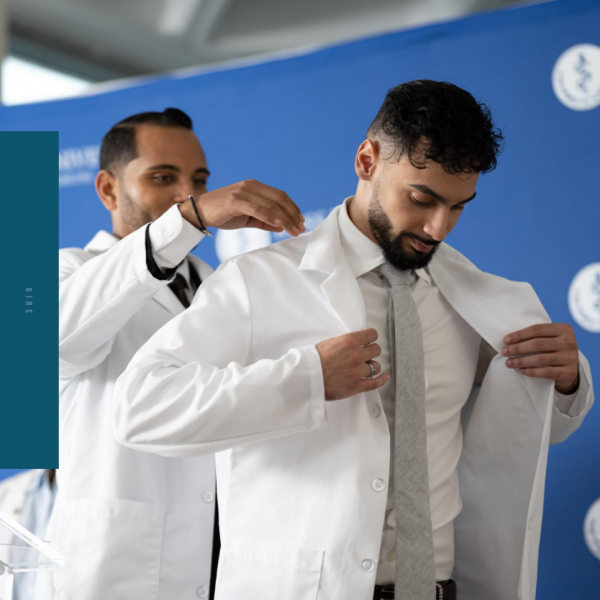|

Have you ever heard the phrase “From lab coat to white coat”? It symbolizes the transition from a laboratory environment, where scientific research primarily occurs, to the medical field. Research experience plays a crucial role in U.S. medical school admissions. Let’s explore the importance of research experience in the journey to medical school in the United States.
Research Experience in Medical School Admissions
The Essential Role of Research
There are certain prerequisites for research experience. Most medical school applications do not list research experience as a mandatory requirement, and it's possible to get accepted without it. However, let’s rephrase the question. Is gaining research experience important for getting into medical school? Absolutely YES! Of course, the MCAT, GPA, and interviews are extremely important. However, for highly competitive medical schools like Stanford or research-focused medical schools, research experience is not only a requirement but can also be a significant asset to make your application stand out. In many competitive and research-intensive medical schools, up to 90% of admitted students have research experience. The University of Michigan Medical School admissions officer stated "Not only tell us why you want to become a doctor but also what you have done to make that decision. Do you have experience? Have you shadowed a doctor?" Therefore, if you plan to apply to highly competitive medical programs, pursue an MD/PhD, or apply to research-oriented medical schools, research experience is absolutely essential.
Why is Research Experience Important for Medical School Applicants? 1. It Completes a Well-Rounded Application 2. It Shows Commitment and Involvement in the Field 3. It Helps Develop Critical Thinking Skills and Insight into Topics of Interest 4. It Demonstrates Expertise
Tips for Utilizing Research Experience in Medical School Interviews 1. Know Every Detail of Your Research You should be an expert on the research you conducted, knowing all the answers. Review your research before the interview to be prepared for any questions.
2. Clearly State Your Role in Collaborative Research Acknowledge the contributions of your team members while emphasizing the importance of your role.
3. Adjust Emphasis Based on the Interviewer Highlight aspects of your research related to the interviewer’s field to showcase your flexibility.
In summary, while research experience is not a mandatory requirement for medical school applications, it significantly enhances your application, especially for competitive and research-focused programs. By highlighting your research experience effectively, you can demonstrate your commitment, critical thinking skills, and expertise, making a strong case for your admission to medical school. |
 Click here to book
Click here to book